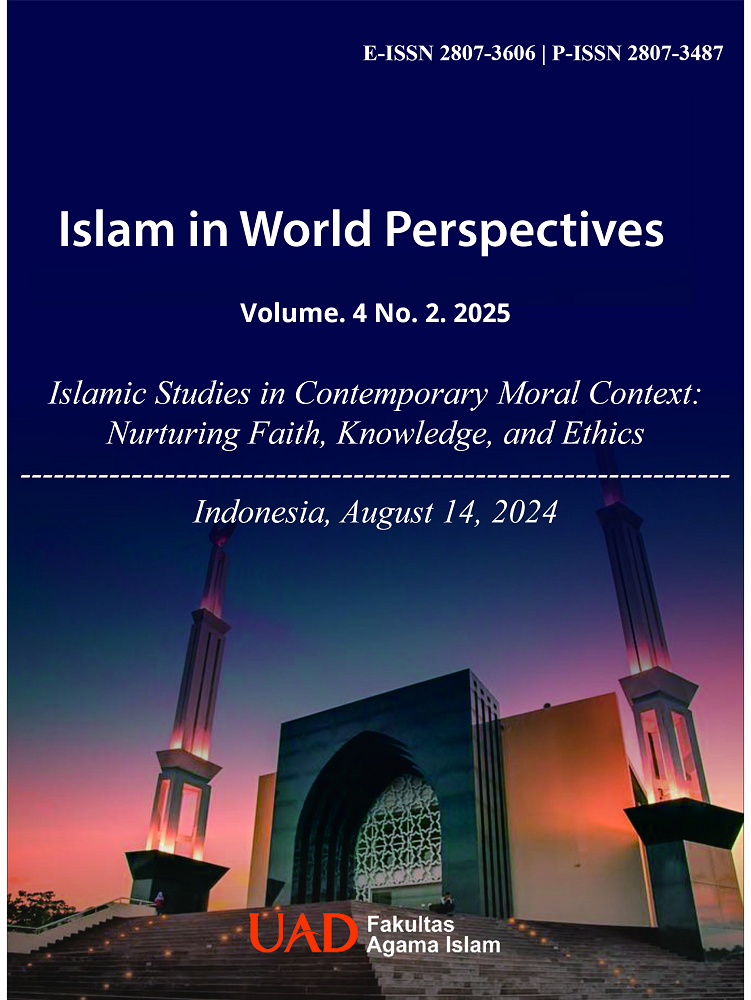Revolutionizing Islamic education: Integrating artificial intelligence into Islamic education
Abstract
This study aims to explore how Artificial Intelligence (AI) can be integrated into Islamic education and how it can revolutionize the way learning is conducted. The focus is on understanding the potential benefits, challenges, and impacts of implementing AI within Islamic educational settings, while preserving the core values and principles of Islam. The research employs a qualitative approach with a theoretical review. It involves analyzing existing literature, including traditional Islamic sources and contemporary studies on AI in education, to develop a comprehensive understanding of how AI can be effectively applied in Islamic education. The findings suggest that AI has the potential to greatly enhance education by personalizing learning experiences, fostering analytical thinking in students, and providing broader access to educational resources. However, challenges such as aligning AI with Islamic values, avoiding disruption to established educational traditions, and addressing ethical concerns must be carefully managed. The study concludes that achieving a revolution in Islamic education through AI requires a balanced approach, integrating technological innovation while upholding the fundamental principles of Islamic education.
Downloads
Published
Issue
Section
License
Copyright (c) 2024 Herwinsyah Herwinsyah, Ahsanul Ridho Ridho, Danang Dwi Prasetyo

This work is licensed under a Creative Commons Attribution-ShareAlike 4.0 International License.
Authors who publish with Islam in world perspectives agree to the following terms:
- Authors retain copyright and grant the journal right of first publication with the work simultaneously licensed under a Creative Commons Attribution License (CC BY-SA 4.0) that allows others to share the work with an acknowledgment of the work's authorship and initial publication in this journal.
- Authors are able to enter into separate, additional contractual arrangements for the non-exclusive distribution of the journal's published version of the work (e.g., post it to an institutional repository or publish it in a book), with an acknowledgment of its initial publication in this journal.
- Authors are permitted and encouraged to post their work online (e.g., in institutional repositories or on their website) prior to and during the submission process, as it can lead to productive exchanges, as well as earlier and greater citation of published work.

This work is licensed under a Creative Commons Attribution-ShareAlike 4.0 International License.



